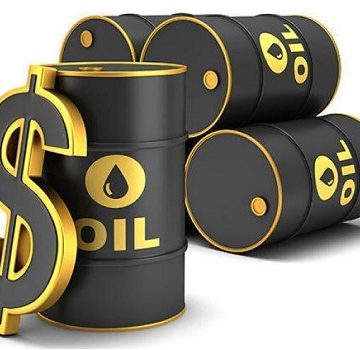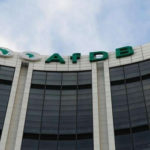
This represents a good signal for the revenue base of the Federal government that relies mainly on the crude exports for its foreign exchange earnings.
It would be recalled that crude price hits its lowest in early 2016 when it was selling as low as $27 per barrel, forcing many oil dependent economies like Nigeria to go into recession.
However, crude price has been on a rise since August 2017 when it traded at $47.47.
Members and non-members of OPEC had first agreed on cutting oil supply to the market to end supply glut, which amongst other factors led to a sharp drop in oil prices.
Nigeria and Libya had been exempted from the agreement to allow both countries stabilise their production.
The minister of state for petroleum resources, Dr Ibe Kachikwu, had said Nigeria is not averse to joining the supply glut and that Nigeria would not mind keeping its production at 1.8 million barrels per day.
However, some members of OPEC have expressed concern over rising oil production from Nigeria and called for Nigeria to be included in the agreement.
Reacting to the statements, Mohammed Barkindo, OPEC secretary general, said Nigeria will continue to enjoy the benefits.
“Nigeria had a point lost over 800,000 barrels, Libya had lost nearly 1.5 million barrels per day and Iran saw its export shrinking by nearly one million barrels per day. And so the council of ministers decided that these three countries should be given special considerations in the implementation of the Algiers Accord.
“And when we met in Vienna on 30th November to begin the process of implementations by agreeing on the ceiling 32.5m we reaffirmed the positions of these three countries”.
“The decision is six months and the countries will continue to enjoy the benefits as they try to recover their production quotas.”
WATCH TOP VIDEOS FROM NIGERIAN TRIBUNE TV
- Let’s Talk About SELF-AWARENESS
- Is Your Confidence Mistaken for Pride? Let’s talk about it
- Is Etiquette About Perfection…Or Just Not Being Rude?
- Top Psychologist Reveal 3 Signs You’re Struggling With Imposter Syndrome
- Do You Pick Up Work-Related Calls at Midnight or Never? Let’s Talk About Boundaries







